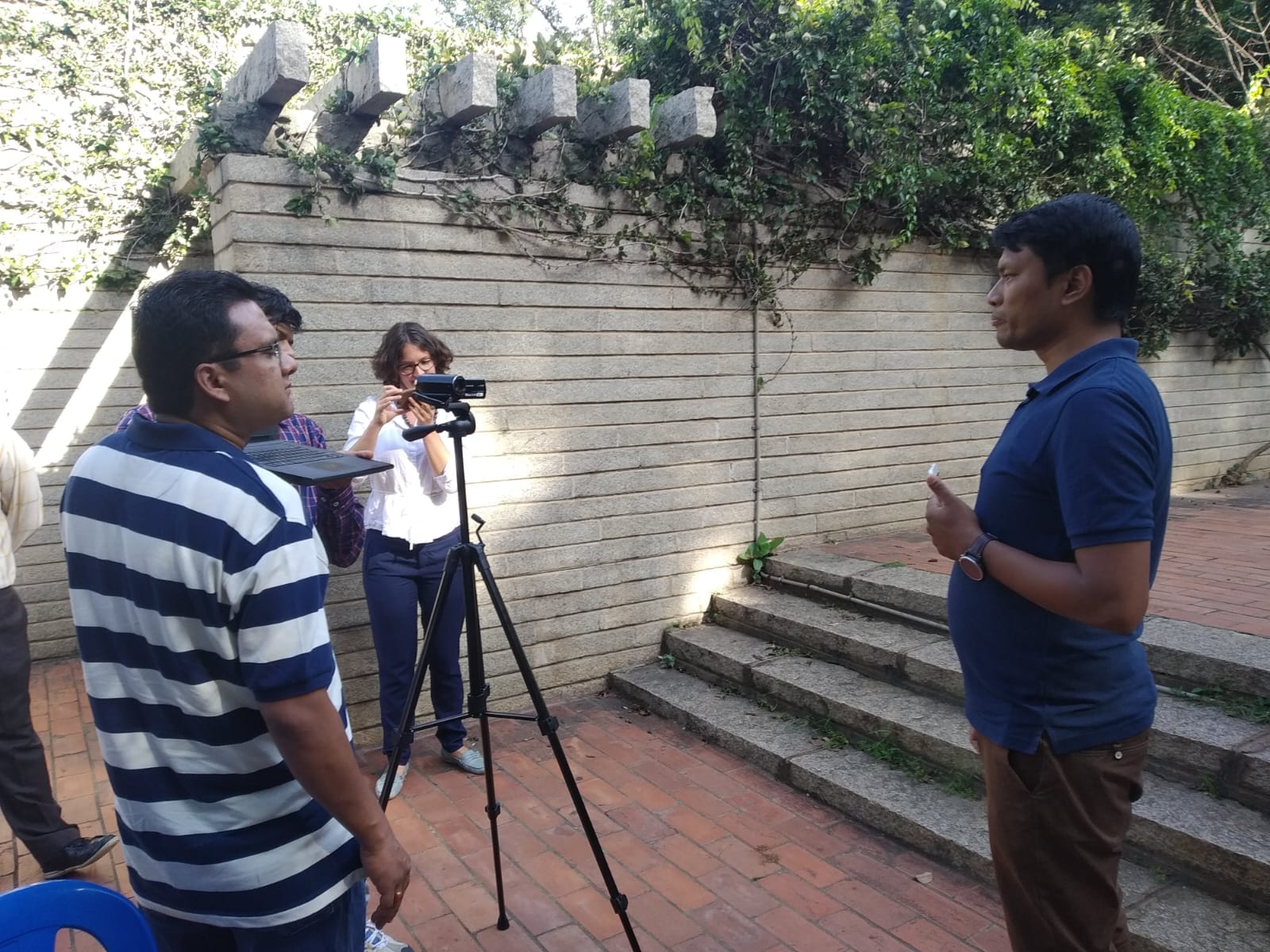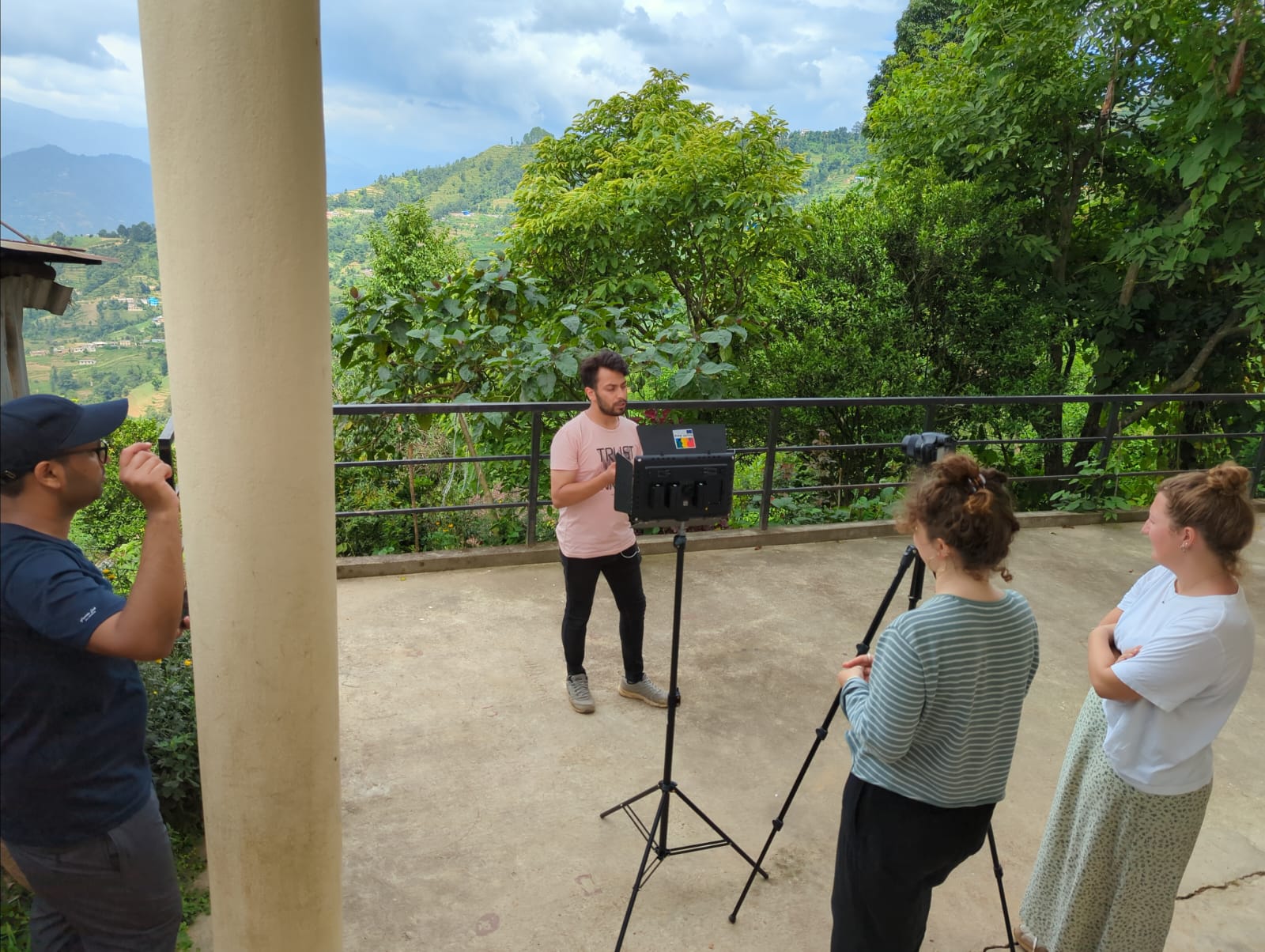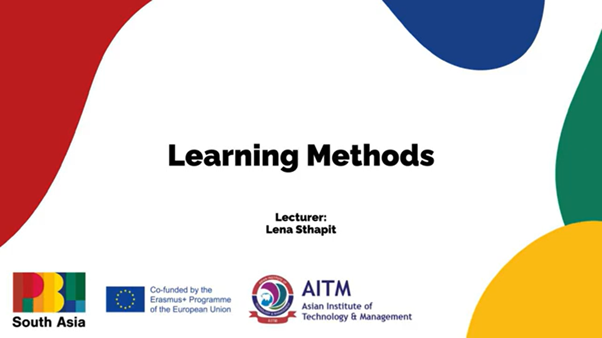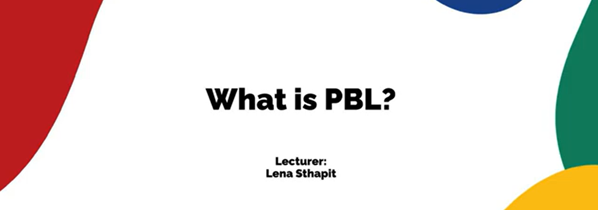2019-2022 Erasmus + project: Strengthening problem-based learning in South Asian Universities
This project aimed at building expertise and skills in Problem-Based Learning (PBL) with ten higher education institutes in Finland, Lithuania, the Netherlands, Nepal, India and Bhutan. The project, led by Aalto University in Finland, was supported by the TU Delft Global Initiative with expertise from the TU Delft Centre for Entrepreneurship, the department of Industrial Design Engineering and the department of Architecture and Build Environment. As part of the project deliverables, the ten institutes co-created online course materials to foster problem-based learning by following an action-learning approach.
Andrius Jurelionis (Kaunas University of Technology, Lithuania): “While we were developing the PBL MOOC we were not only the teachers but we were always the students as well. So we were seeing what other institutions are producing, what content they are producing for the MOOC, we were learning from that as we were evaluating that. All institutions learned from each other.”
Problem-based learning is an education method that embeds concepts such as critical thinking, action-learning and group work. It puts the teacher in a different, more facilitating, role when compared to the traditional way of ‘talk and chalk’. To allow all partners to experience this new education method, throughout the project the TU Delft facilitated a process of learning by providing instructions and setting up an equal-level playing field with all the partners. When discussing the output with the beneficiaries, it became apparent that each had their own idea of implementing the courseware. To cater for each of the parties’ needs, a flexible set-up was needed and hence the course materials were designed in a modular manner.

Co-creation
For the project set-up phase, a 5-day workshop was organized in Bangalore (India) in October 2019 to review together the best practices in PBL. As part of this workshop, all project partners were invited to participate in the co-creation process of a massive open online course (MOOC). To put into practice the concept of action-learning, a pressure-cooker style assignment was given to start building together the framework of the PBL MOOC in four hours. In total, ten key topics were identified as the building blocks of the MOOC and each project partner would work on one of them and describe in a nutshell its learning goals, the educational content and form of assessment. This resulted in a prototype.
During the project running phase all project partners continued to work on the online courseware development from home when COVID-19 regulations limited the possibilities to travel. Here, all teachers faced the problem of having to record a video whilst working from home. Through an iterative process all teachers managed to (almost all of them for the very first time) record their own lecture via Zoom. (PBL MOOC lectures here)


MOOCs
Hemlal Bhattarai (Jigme Namgyel Engineering College, Royal University of Bhutan, Bhutan): “In my academic career, as of now close to 16 years, my personal recording of a MOOC I have not used for teaching or learning purpose. But definitely I will use the resources that have been prepared in the means of audio-visual things from the renowned platform for my academic course in delivering those aspects to the students as a mixed mode of learning.”
To complement the MOOC with active learning tools, a case study was organized in Nepal as soon as the travel restrictions were lifted in 2022. A group of TU Delft students worked together with AITM students in Nepal and co-created a set of 15 videos to explain several PBL exercises and illustrate these with use of the problem case: a lack of tourists in the homestay sector. (PBL MOOC Exercises) In addition to the video materials, a PBL MOOC workbook was created to guide the learner as well as a teacher’s guide to assist with PBL course development.
Partner Institutions
Aalto University, Finland; Jigme Namgyel Engineering College, Royal University of Bhutan, Bhutan; Delft University of Technology, Netherlands; Sagarmatha Engineering College, Nepal; Kathmandu University, Nepal; Asian Institute of Technology and Management, Nepal; Kaunas University of Technology, Lithuania; Nepal Engineering College, Nepal; Indian Institute of Science, Bangalore, India; Indian Institute of Technology, Bombay, India
